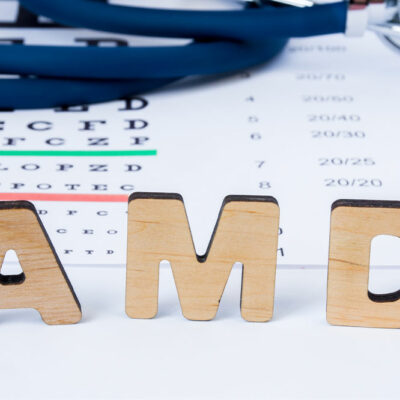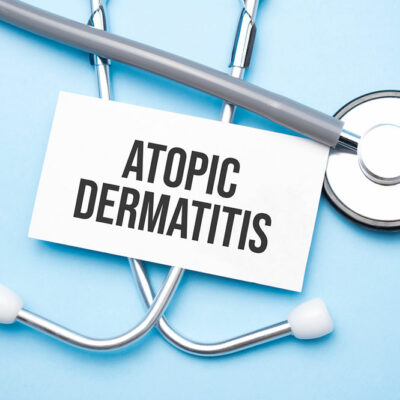
health
14 Healthy Foods To Manage Atrial Fibrillation
Atrial fibrillation (AFIB) is an arrhythmia that affects the heart’s upper chambers. It happens when the electrical impulses controlling these chambers go haywire, resulting in an irregular heartbeat. AFIB is not life-threatening but can aggravate the risk of blood clots, stroke, and congestive heart failure. Though there is no cure, several treatment options and healthy eating habits can help manage the condition. Here are a few heart-healthy foods to keep atrial fibrillation at bay. Black beans Black beans have several heart-healthy compounds like magnesium, antioxidants, and folate that help reduce blood pressure, a prevalent AFIB trigger. It helps manage your blood sugar levels and keep cholesterol in check. One can add black beans to salads and soups, but rinse the canned beans to eliminate all the extra salt sticking to them. Fruits and vegetables Veggies and fruits are excellent vitamin and mineral sources. They are rich in nutritional fiber and low in calories. Fruits and vegetables contain ingredients that help keep heart diseases at bay. Moreover, one can easily cut back on high-calorie foods like snack foods, cheese, and meat by eating vegetables and fruits. Adding fruits and vegetables to your routine is easy. Keep them handy as washed and cut, and put them in your refrigerator to enjoy as a quick snack.
Read More 









